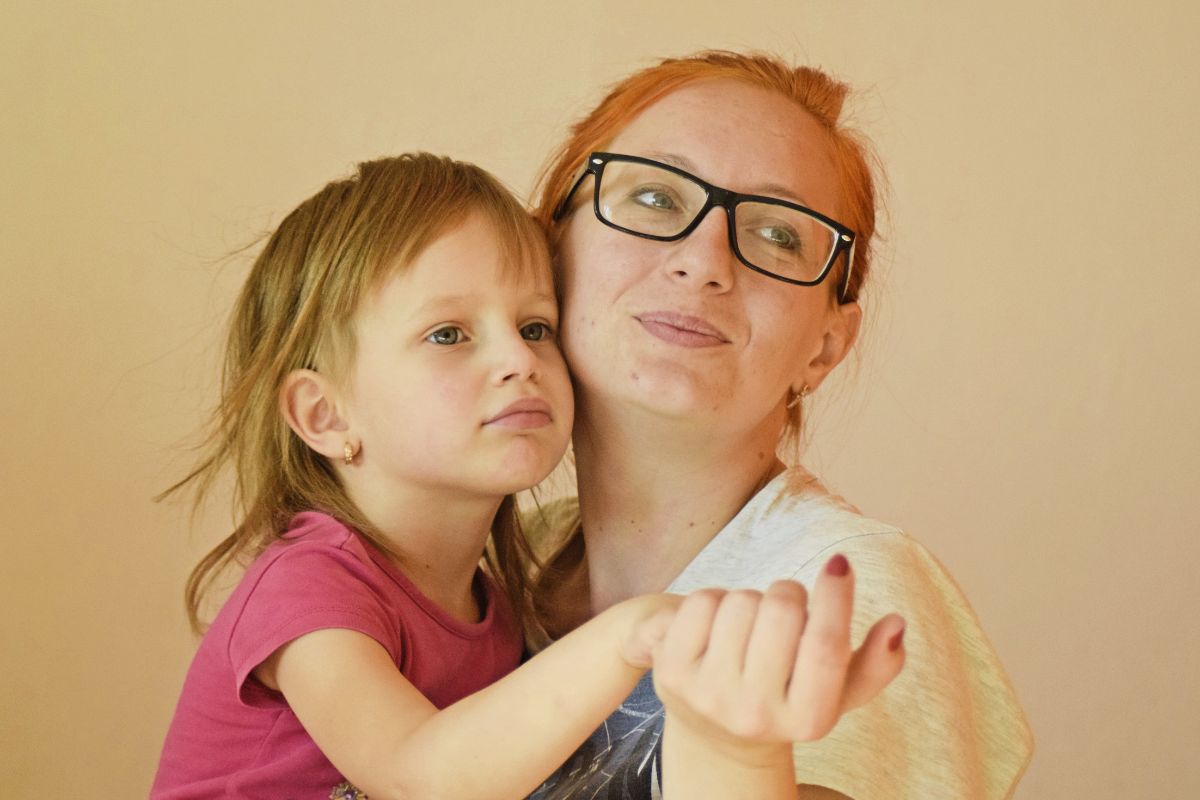It’s heartbreaking. You’re simply trying to help your child, maybe redirecting them from a dangerous situation or setting a reasonable limit, and suddenly, they lash out. They hit you. The shock, the hurt, the anger – it can feel overwhelming. But remember, this isn’t about you. It’s about your child and their struggle to manage big emotions.
Why Do Kids Hit?
Before we dive into how to respond, let’s understand why kids hit in the first place.
- Frustration and Anger: When toddlers and young children feel frustrated, overwhelmed, or angry, they may not have the words or the emotional regulation skills to express themselves effectively. Hitting becomes their go-to way of communicating their distress.
- Attention-Seeking: Sometimes, hitting can be a way for a child to get your attention, even if it’s negative attention.
- Imitation: Children learn by observing. If they’ve seen hitting used to get what they want, they may try it themselves.
- Lack of Impulse Control: Young children are still developing the ability to control their impulses. This can make it difficult for them to resist the urge to hit when feeling strong emotions.
How to Respond When Your Child Hits:
- Stay Calm (As Much as Possible): It’s easier said than done, but try to stay calm. Your child is looking to you for guidance on handling their emotions. If you react with anger or frustration, you’re modelling the very behaviour you’re trying to discourage.
- Remove Your Child from the Situation: Gently but firmly remove your child from the situation. This will help them calm down and give you a moment to regroup.
- Validate Their Feelings: Even though hitting is unacceptable, it’s important to acknowledge your child’s feelings. Say something like, “I know you’re feeling frustrated right now. It’s okay to feel angry, but hitting is not okay.”
- Set Clear Limits: Clearly and calmly explain that hitting is never okay. Use simple, age-appropriate language. “Hitting hurts,” or “We use our words, not our hands.”
- Offer Alternatives: Help your child find healthy ways to express their emotions.
- Words: Encourage them to use words to describe how they’re feeling. “You seem angry. Can you tell me what’s wrong?”
- Physical Activity: Suggest they run around, jump on a trampoline, or punch a pillow.
- Deep Breaths: Teach them simple breathing exercises to help them calm down.
- Focus on Positive Reinforcement: When your child demonstrates appropriate behaviour, praise them. “I’m so proud of you for using your words to tell me how you feel.”
- Be Patient and Consistent: Changing behaviour takes time and consistency. Don’t get discouraged if you see setbacks. Keep setting clear limits and offering support.
Tips for Preventing Future Hitting
- Create a Predictable Routine: Predictable routines provide a sense of security and can help reduce frustration.
- Minimize Stressors: Try to minimize stressors in your child’s environment as much as possible.
- Model Appropriate Behavior: Children learn by observing. Make sure you’re modelling appropriate ways to handle anger and frustration.
- Read Books About Emotions: Children’s books can be a great way to help your child understand and manage their emotions.
Important Note: If hitting is frequent or severe, or if you’re struggling to manage your child’s behaviour, consider seeking guidance from a child psychologist or therapist. They can provide you with personalized strategies and support.
Remember, you’re not alone. Many parents face challenges with their children’s behaviour. Be patient with yourself and your child. You can help your child learn to manage their emotions adequately and appropriately with consistent effort and support.
Disclaimer: This article is for informational purposes only and should not be considered professional medical or psychological advice.





